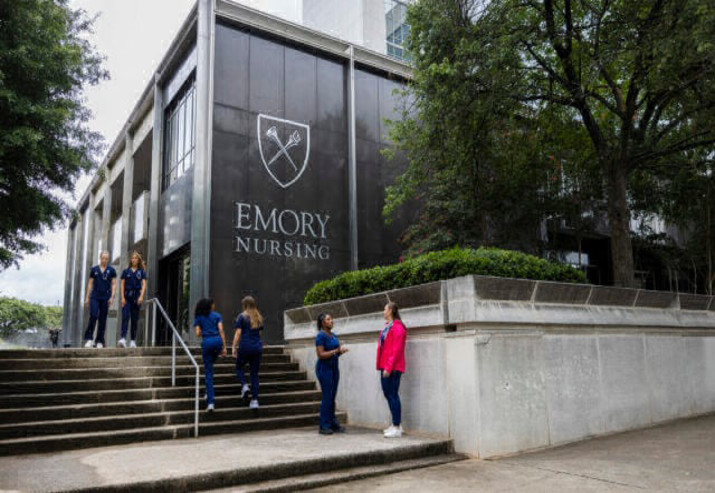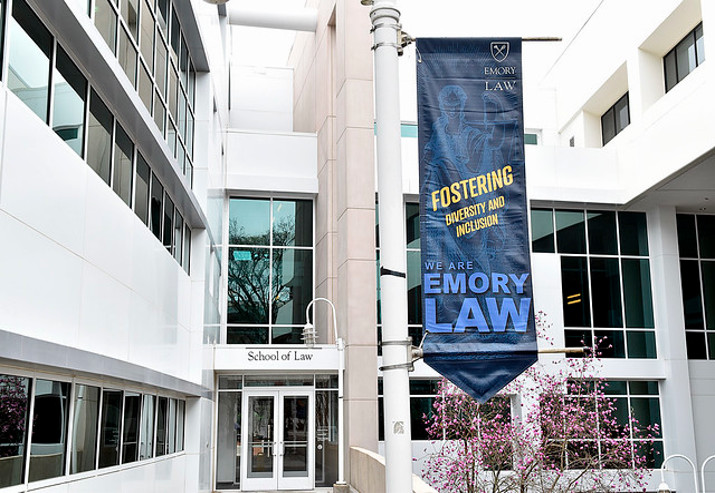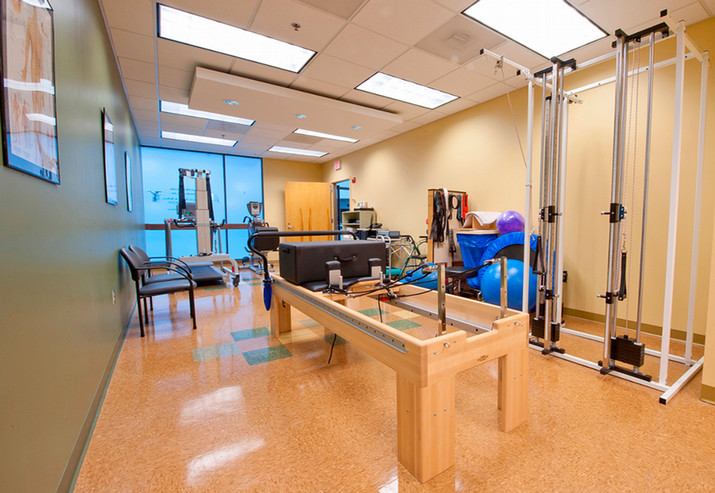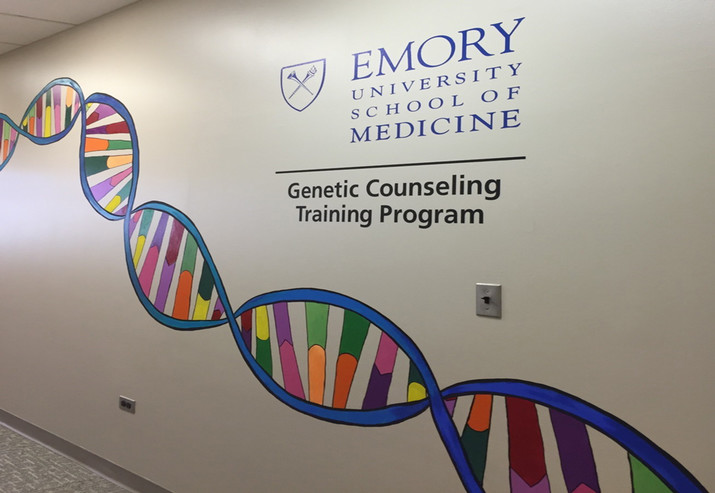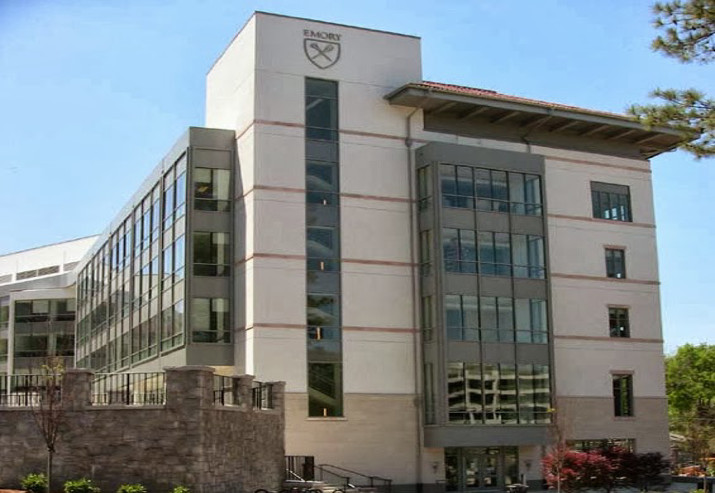Distance Education
If an institution is offering postsecondary education through distance or correspondence education to students in a State in which it is not physically located or in which it is otherwise subject to State jurisdiction as determined by the State, the institution must meet any State requirements for it to be legally offering postsecondary distance or correspondence education in that State. An institution must be able to document to the Secretary the State's approval upon request.
Learn More about Authorization
State Authorization Reciprocity Agreement (SARA)
Effective March 17, 2016, the Georgia Nonpublic Postsecondary Education Commission (GNPEC) approved Emory University to participate in the National Council for State Authorization Reciprocity Agreements (NC-SARA). A “State authorization reciprocity agreement” is an agreement between two or more States that authorizes an institution located and legally authorized in a State covered by the agreement to provide postsecondary education through distance education or correspondence courses to students in other States covered by the agreement. Participation in NC-SARA is voluntary and requires an annual renewal. SARA authorizes Institutions that are members to provide online education to students from all SARA member states.
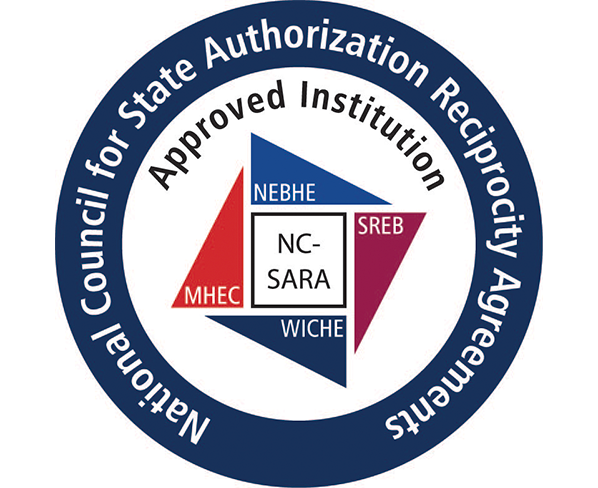
| Bachelor of Science Nursing (BSN) | Nell Hodgson Woodruff School of Nursing |
| Doctor of Ministry (DMin) | Candler School of Theology |
| Undergraduate Courses | Emory College of Arts and Sciences |
| Modular Executive Masters of Business Administration (MEMBA) | Goizueta Business School |
| Doctor of Nursing Practice (DNP) | Nell Hodgson Woodruff School of Nursing |
| Executive Master of Public Health (EMPH) | Rollins School of Public Health |
| Master of Legal Studies (MLS) | School of Law |
| Master of Laws | School of Law |
| Bachelor of Science in Medical Imaging (BMSc) | School of Medicine |
The following programs are not online programs. However, they have on-the-ground experiences, i.e. (practicums, internships, residencies, clinical rotations, etc.), that are conducted out-of-state and, therefore, are subject to the Department of Education regulations regarding state authorization.
- Doctor of Physical Therapy (DPT)* School of Medicine
- Physician Assistant (PA)* School of Medicine
- Anesthesiology Assistant (AA)* School of Medicine
Programs that lead to professional licensure are not covered under SARA and may have additional state requirements.
Status of Non-SARA States and Territories
States
- California – Emory University does not have a physical presence in the State of California and may offer distance/online education programs and courses to California residents.
Territories
- American Samoa – Emory University is not pursing state authorization. Students from American Samoa are not eligible for Emory University distance education.
- Guam – Emory University is not pursing state authorization. Students from Guam are not eligible for Emory University distance education.
- N. Marianas Islands – Emory University is not pursing state authorization. Students from N. Marianas Islands are not eligible for Emory University distance education.
- Puerto Rico – Recognizes Emory University as an exempt higher education institution offering distance academic programs and distance religious programs from outside the licensing jurisdiction of Puerto Rico to students in the Island, 2015-2018
- Virgin Islands – Emory University is not pursing state authorization. . Students from the Virgin Islands are not eligible for Emory University distance education.
Professional Licensure Disclosure
In accordance with revised federal regulations regarding professional licensure disclosures (rev July 1, 2024) Emory University must disclose to students whether a program leading to professional licensure or certification meets the educational requirements for professional licensure in each US state and territory.
Below is a list of all applicable Emory programs with the required disclosure.
Select one of the program tiles below to view the determination for each individual US state and territory:
All of Emory’s programs leading to professional licensure or certification meet all professional licensure educational requirements for the state of Georgia.
In addition to educational requirements, students should understand that there are additional requirements for licensure in each state which may include:
- Certification/Licensure exam
- Background checks
- Character references
- Fees
- Applicable work/clinical experience
- Continuing education requirements
The institution has created a resource for students with direct links to each applicable state licensing agency to review all professional licensure requirements for their applicable program.
Complaint Process
The Department of Education requires Emory University to provide contact information for filing complaints with the University, its accrediting agency, and the appropriate state agency charged with handling complaints to out-of-state students in states where the student resides.
Students who desire to resolve a complaint should follow Emory University student complaint policy.
Students who have exhausted the university’s complaint process and have not received a satisfactory outcome may file a complaint with any or all applicable authorities listed below:
- As an NC-SARA member institution, Emory is required to provide students enrolled in courses/programs under SARA polices the ability to file a complaint with GA-SARA if the resolution of the institutional complaint process was not to their satisfaction.
- Information on GA-SARA complaint rules is located at https://gnpec.georgia.gov/student-resources/complaints-against-institution/ga-sara-student-complaint-rules
- The GA-SARA complaint form is located at https://gnpec.georgia.gov/student-resources/student-complaints/ga-sara-online-student-complaint-form
- The Southern Association of Colleges and Schools Commission on Colleges (SACSCOC), Emory University’s accrediting body.
- Students who are located outside of the state of Georgia and enrolled in a distance learning course(s)/program may also file a complaint with the appropriate educational authority in their state.
A copy of this policy can also be found in the course catalog in the "State of Georgia Complaints Process" section.
Withdrawal and Refunds
A student may completely withdraw from Emory with permission from the appropriate school dean. Unofficial withdrawal results in 100 percent forfeiture of tuition. When officially withdrawing, the student may be eligible for a refund of payments depending upon the date of withdrawal. Refunds are only processed for complete withdrawal. Financial aid awards that pay part or all of the student charges are prorated accordingly. Refunds for federal (Title IV) aid recipients will be prorated in accordance with federal regulations. No refunds are issued until all semester charges are paid in full. See the Student Financial Services web page for the Tuition Adjustment Schedule

